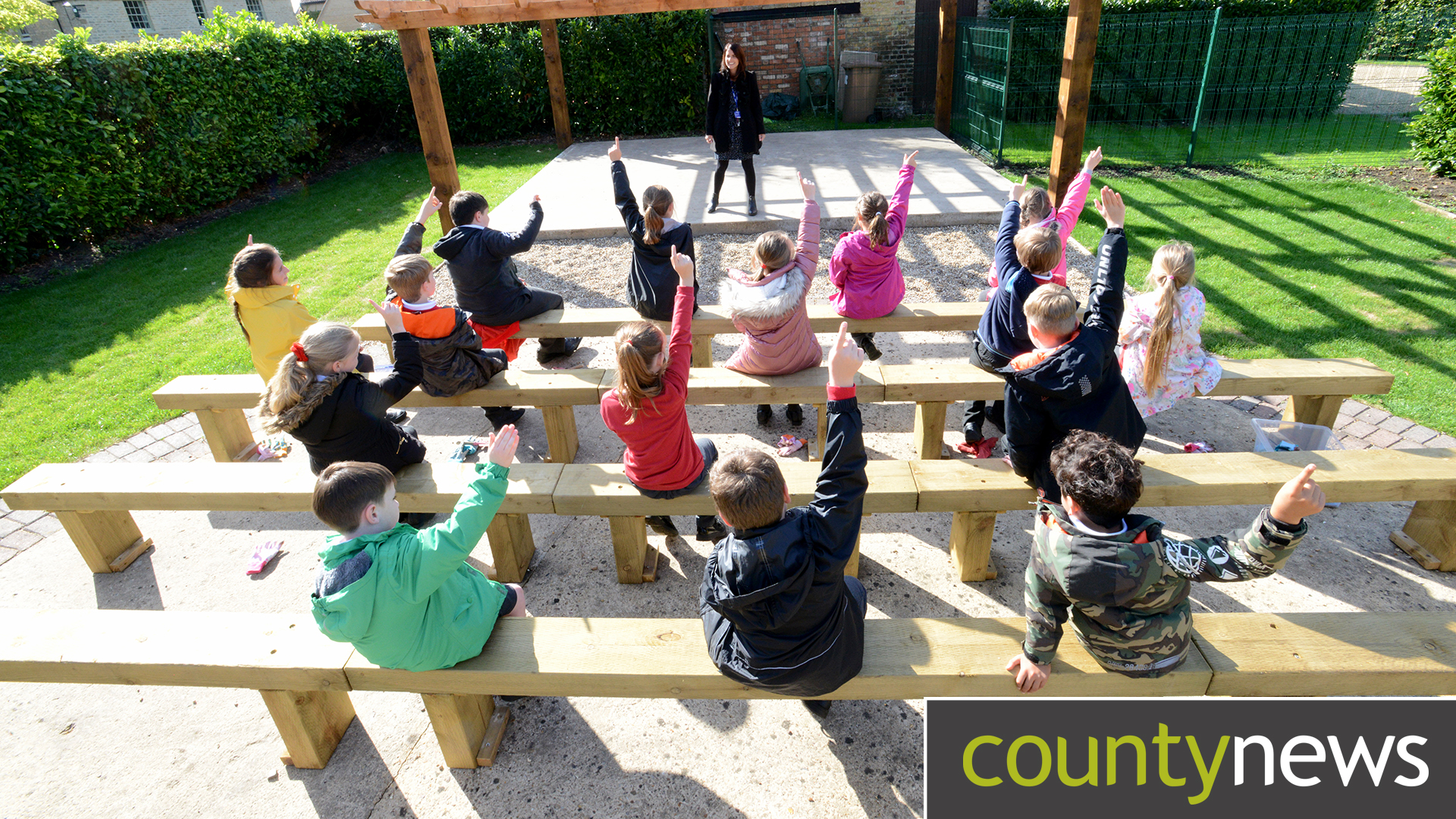
Following a disruptive end to the last school year, schools in Lincolnshire have been doing all they can to keep children safe in the classroom this autumn.
The government provided guidance to help pupils return to school while limiting the potential spread of coronavirus.
More frequent hand-washing, enhanced cleaning, and some social distancing, such as staggered break times, have been introduced. But it isn’t a case of one-size-fits-all, and each headteacher has decided on the most appropriate measures for their school.
They also need to ensure plans are in place for pupils to continue their learning at home, if they are unable to attend school.
Cllr Mrs Patricia Bradwell OBE, executive member for children’s services, said: “Being back at school with their teachers will undoubtedly help pupils with their learning. An important part of school life is mixing with their friends, developing their social skills and building their confidence. We cannot underestimate the importance of social emotional development that school life brings for our young people.
“Since the start of term, there have been schools affected by the virus, but working with our public health team, they have taken the appropriate action to limit the potential spread of the disease.
“The major focus now is helping our young people catch-up on the learning they missed during the initial lockdown, and the government has made funding available to achieve this.”
At this stage, it is estimated that around £8m will go to Lincolnshire schools, and it will be for school leaders to decide how the funding is best used.
Schools will also have the opportunity to register an interest in the National Tutoring Programme, which will offer additional targeted support for disadvantaged and vulnerable young people.
Cllr Bradwell added: “I want to thank all schools, pupils and parents for their support in getting pupils back to school.”
Preparing young people for the future
Across the country, many aspects of work have changed over the last six months, and some jobs look different as a result. In Lincolnshire, changes in the use of digital technology that were expected to take years to happen have instead occurred in weeks.
Demand for the skills that employers value highly is unlikely to change, such as communication, customer service and team work, although how we use those skills may look different in future.
For example, some workers will need to collaborate as a team via video calls. Similarly, some managers will need to support their team outside of the traditional workplace.
It’s important for young people to learn about what employers are looking for, and the council and the Greater Lincolnshire LEP are making sure that every secondary school has the opportunity to work with a business leader to plan their careers advice programme.
The Enterprise Adviser scheme allows students to meet more employers. Evidence shows that this means they are more likely to go on to find a job or training opportunity.
So if your business has not yet signed up to work with a school, contact LEP_ECS@lincolnshire.gov.uk for more information.
Another programme making a difference is Confident Choices, which brings together schools, colleges, careers agencies and other organisations that work with children and young people in education.
Partners have organised joint training events, careers fairs and employment skills days, and during lockdown, the programme continued with a series of summer webinars.
Further information about career opportunities in Lincolnshire.
